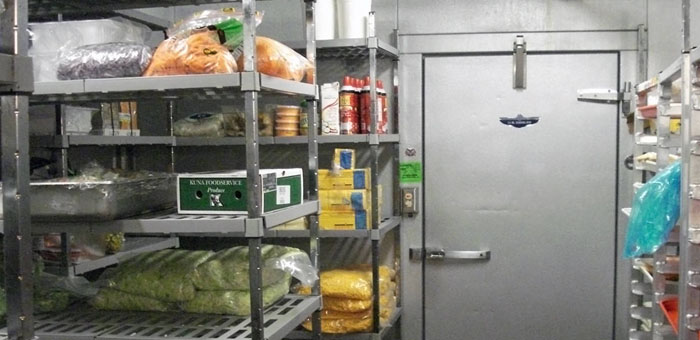Come tax time, most business owners have their CPA on speed dial. But here’s a question. How often do you seek your accountant’s advice on other areas of your food truck business? Accountants are awesome financial advisors who can help you with more than just filing tax returns. The start of the year is the perfect time for planning your business future. Schedule time now with your accountant to discuss these accounting topics over the next 12 months that will most likely impact you financially.
5 Accounting Topics You Should Discuss With A Professional
Here are five key accounting topics that should be part of that dialogue.
Company Growth
If you are planning any major changes to your mobile food business, make sure this accounting topic is the first topic discussed. This is because, it will definitely affect your valuation; and your tax liability. Inform your accountant of any liabilities or changes in status including:
- Expanding operations into new locations.
- Adding or making changes in staffing.
- Merging with or acquiring other food businesses.
- Positioning your food truck business for sale.
RELATED: Is It Time To Convert Your Food Truck Into A Restaurant
Financial Planning
Budget is top of mind for most food truck owners going into a new year. But what about other financial issues that could impact your food truck? Now is a great time to do a review with your accountant to plan for your financial future. Topics to cover include:
- Strategic ways to improve cash flow.
- Getting up-to-date on retirement planning and wealth management.
- Any major investments, gifting or charitable giving planned.
- Capital investment, equity financing or bank loans in the works.
Risk Management
Close to 90% of food truck owners don’t have a plan in place to protect their business from operational disruptions. This goes for either planned or unplanned disruptions. So make sure to bring up this accounting topic (continuity planning) with your accountant and ask for input on ways you can avoid added risk to your business. Questions that you should be prepared to address include:
- Ask if all insurance policies up to date?
- Look to see if stringent compliance, security and privacy standards being met.
- Find out if your food truck is protected against fraud?
- Determine what internal controls are in place to protect the food truck business?
Inventory & Location
Your food truck deals in the sale of goods and services, because of this, keeping on top of sales tax rules and regulations is critical. Many states have rules related to where food trucks sell their products. Work with your accountant to do a thorough assessment of your order process and double check that:
- Restocking and ordering processes are maximizing cash flow.
- Unsold or wasted inventory is properly accounted for on the balance sheet.
- Determine if sales tax is being collected in every municipality you operate.
RELATED: Questions To Ask An Accountant For Your Food Truck
Tax Compliance
The final accounting topic to discuss with a professional relates to tax compliance. Remember that state taxes can be just as tough on your staff’s time as federal taxes. Are you confident that you have adequate processes in place to comply with regulations? Discuss any new tax laws with your accountant that could affect your food truck. Also determine how you can implement changes to address them.
- Collect and file W2s and 1099s for any contract staff.
- Ensure exemption certifications are collected and stored properly.
- Update their taxability practices to comply with any online sales you make.
- Conduct an internal review to look for any red flags that could trigger a sales tax audit.
RELATED: 6 Food Truck Tax Tips Your CPA May Have Missed
The Bottom Line
Now is also a great time to reinforce a few best practices. Keep business and personal finances separate and to ensure all transactional records are complete, organized and easy to access. Automate any manual processes to save time and money and reduce risk. The sooner you get started on long-term financial planning and compliance, the sooner you will start seeing bottom line results.
Do you have any additional accounting topics vendors should discuss with a professional? Share your thoughts on this topic in the comment section or social media. Facebook | Twitter
DISCLAIMER: Mobile Cuisine and its affiliates do not provide tax, legal or accounting advice. This material has been prepared for informational purposes only, and is not intended to provide, and should not be relied on for, tax, legal or accounting advice. You should consult your own tax, legal and accounting advisors before engaging in any transaction.




